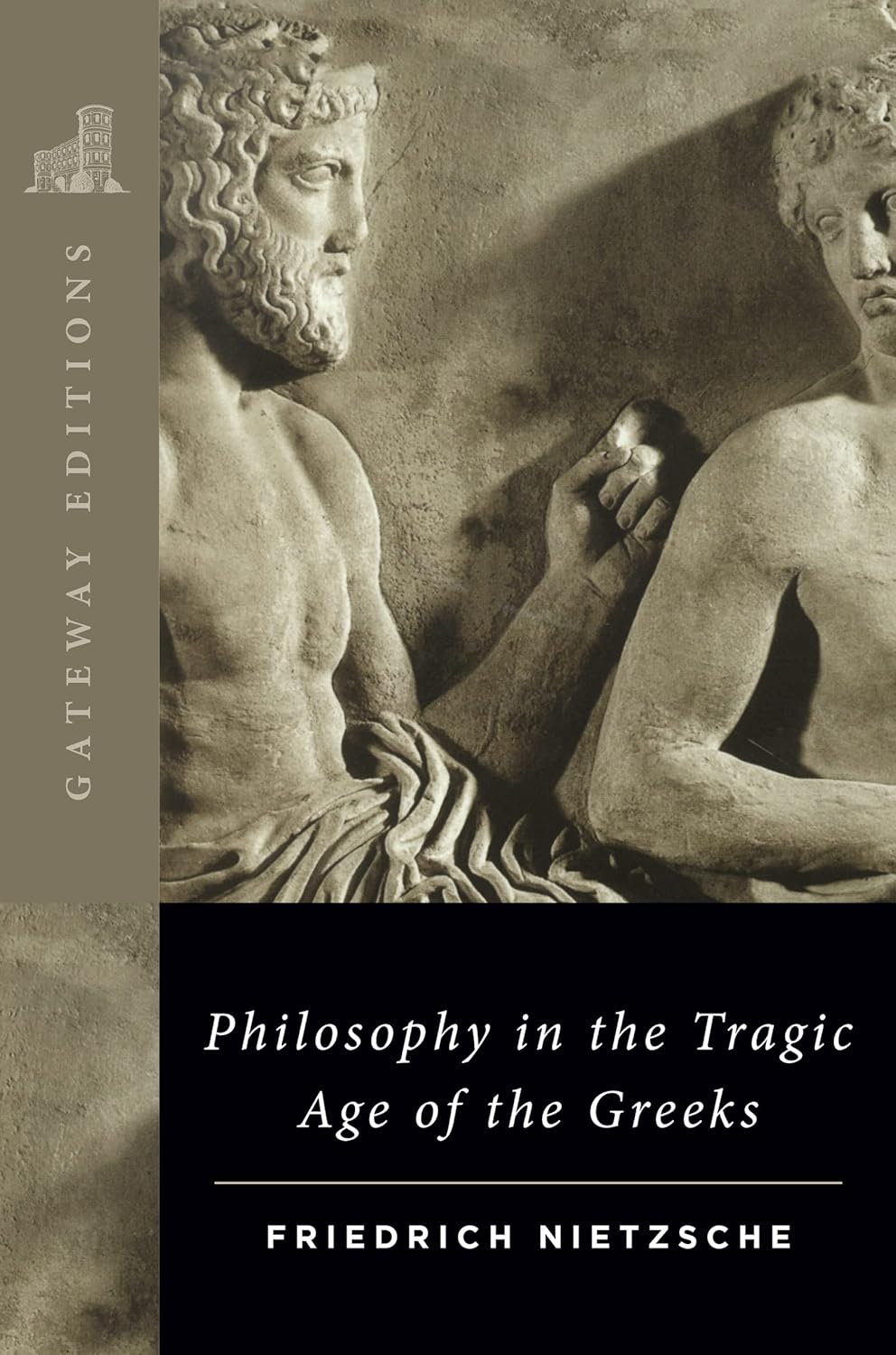Better than The Birth of Tragedy
5 stars
Better than The Birth of Tragedy, and literally destroys someone like Russell. Of course, it is highly personal, but plainly, Nietzsche's insights are true. Not only that. I guess when people start reading philosophy, they, or at least some of them, are already in the mindset that intuitively comprehend and know what Nietzsche is saying here. But it gradually becomes impossible, when reflective thought, and more over, self-consciousness drives him away from the primordial mystic intuition that led him to philosophy and religion and art, and possibly mathematics and physics. Hence this little unfinished book is another tragedy. And as I can see it, Nietzsche chose a dead-end path. Magnificent, but dead-end. Oh, Nietzsche, my dear, of course Plato was not a mixed type! The theorized account of his intuition is approximately a hybrid (and not really), but you youself knew that he was closer to you than …
Better than The Birth of Tragedy, and literally destroys someone like Russell. Of course, it is highly personal, but plainly, Nietzsche's insights are true. Not only that. I guess when people start reading philosophy, they, or at least some of them, are already in the mindset that intuitively comprehend and know what Nietzsche is saying here. But it gradually becomes impossible, when reflective thought, and more over, self-consciousness drives him away from the primordial mystic intuition that led him to philosophy and religion and art, and possibly mathematics and physics. Hence this little unfinished book is another tragedy. And as I can see it, Nietzsche chose a dead-end path. Magnificent, but dead-end. Oh, Nietzsche, my dear, of course Plato was not a mixed type! The theorized account of his intuition is approximately a hybrid (and not really), but you youself knew that he was closer to you than any of the pre-Socratics.

